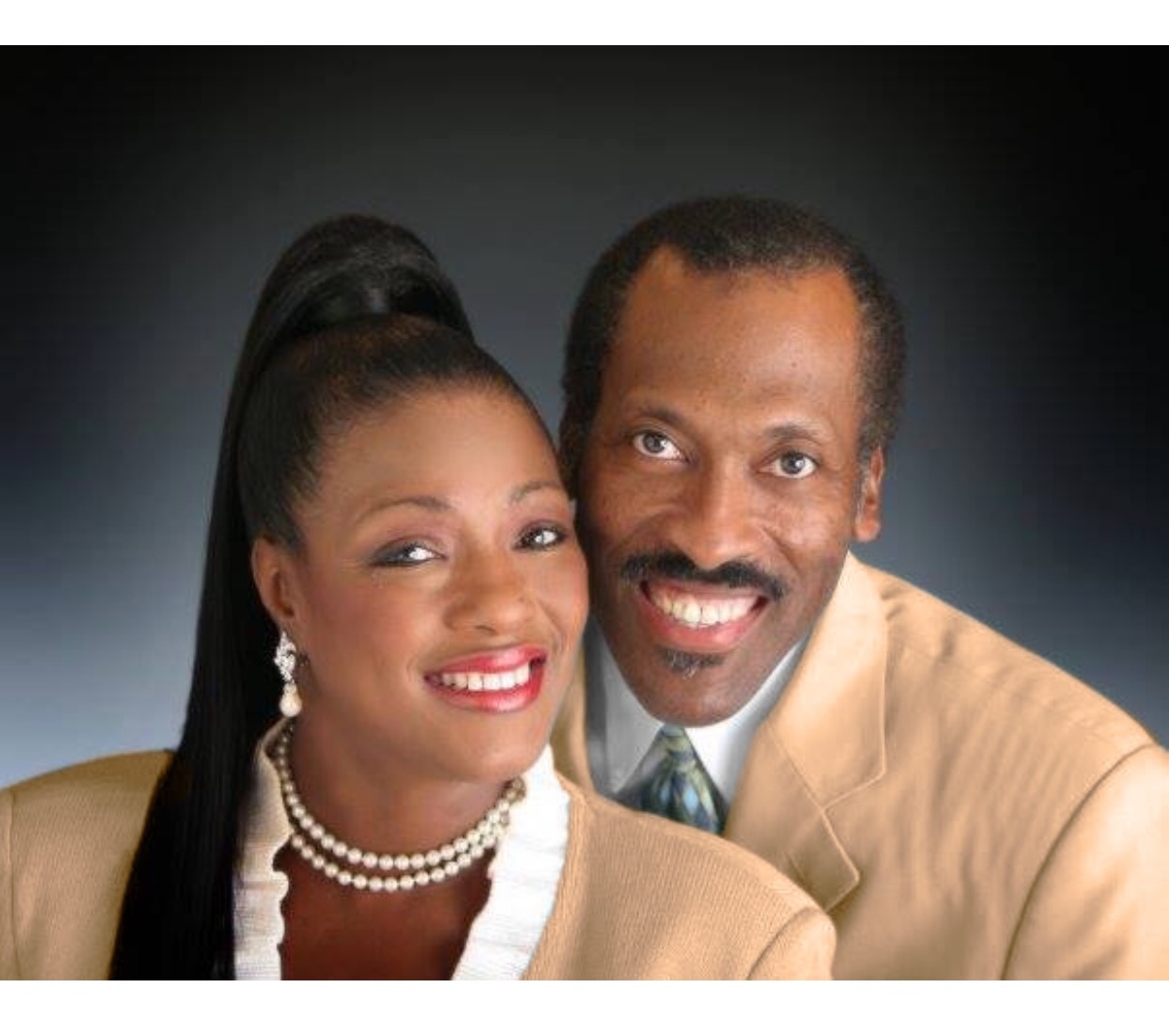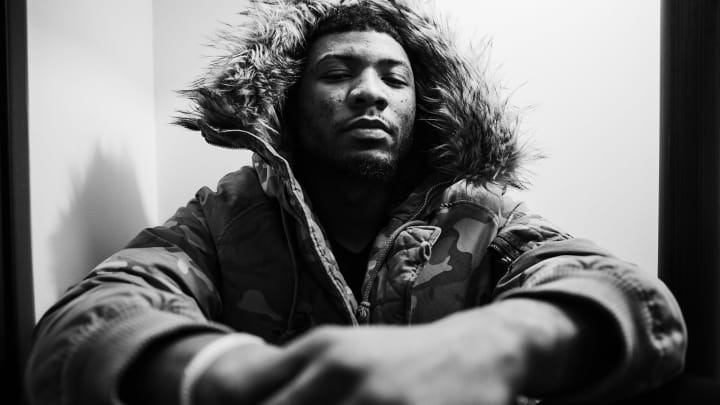
By Dominique Michelle Astorino
Welcome to one of the most stressful — recurring! — seasons in many lives across the United States: the presidential election. In 2020, this stress has been magnified by perhaps the most divided, hyper-polarized culture this country has seen in recent history. (Oh, and the COVID-19 pandemic.) With that said, regardless of who you’re voting for, the results of the November 3rd election have the potential to be upsetting. No matter what happens, a large group of Americans is going to be disappointed — or even devastated.
How can you brace for impact? Mental health experts share tips on how to quell election anxiety and ensure you don’t spiral into a dark place.
Pre-Schedule Therapy and Rest
It might be time to call your therapist and book yourself a session for November 4th. “Pre-schedule therapy with your favorite psychotherapist,” says Jennifer Musselman, L.M.F.T., a psychotherapist based in Los Angeles and San Francisco. “And know that it’s okay to spend your entire therapy session working out your political anxiety — and that you’re not the only one doing it.”
Growing a Community-Based Business
See how entrepreneur Houston White is bringing his community together, starting new business, and creating a pathway for generational wealth.
From US Bank
“If you can afford therapy, by all means, schedule it,” agrees Tal Ben-Shahar, Ph.D. co-founder and instructor at Happiness Studies Academy. (Also see: How to Afford Therapy When You’re Broke) And if you don’t have the means, he says that simply taking a day off work can help a great deal. “Today, more and more people are complaining about the rising stress levels as a roadblock to happiness. What they don’t realize is that actually stress is not the problem, and can actually be good for them — it’s more so the lack of recovery.”
Think about the following analogy, suggests Ben-Shahar: When you work out in the gym and stress your muscles, you actually get stronger, as long as you also give your muscles time to recover, between sets and also between workouts. Similarly, stress outside the gym can make you psychologically stronger if you have time for recovery. “The problem in today’s world is not the stress, but rather the lack of recovery,” says Ben-Shahar. “When you introduce regular recovery into your life — through play, meditation, exercise, time with friends, etc. — rather than exhaustion, you feel increasingly stronger.”
Stay Present and Grounded
Start thinking ahead about how you can ground yourself and bring your fearful thoughts back to center. After all, the only thing you have control over in this situation is what you do next. “You can’t control others’ behavior,” says Breland-Noble. “Remembering this can help you focus on what you need to do to stay calm and give yourself the best opportunity for peace whatever the election outcome.”
“I know that with my own family history of undiagnosed anxiety, it’s critical for me to always be aware of my genetic propensity to spiral into worry and agitation if I don’t work to remain centered,” adds Breland-Noble. “This means I must always be working to stay present; by staying present I reduce the likelihood of worrying about the future things I can’t control, and I stop myself from ruminating over things done in the past (that may cause me shame or embarrassment if I remain focused on them for too long).”
Feel Your Feelings — and Grieve
It’s a common instinct to want to run away from “negative” or uncomfortable emotions — but there’s a lot of benefit to be had from just feeling them entirely. “The first thing to do when the going gets tough is to give yourself permission to be human, to embrace whatever emotion comes up no matter how unpleasant or unwanted,” says Ben-Shahar. “Rather than rejecting fear, frustration, anxiety, or anger, it’s better to allow these to take their natural course.”
How do you really feel your feelings, and not just pack them deep down? Journal and write about what you’re feeling, talk to someone you trust, or “of course, giving yourself the permission to be human can be about unlocking the floodgates and crying, rather than holding back the tears,” he says.
It’s totally normal to go through the grieving process for a week or two, says Musselman. After that point, try to cut out all political talk — especially with people who hold different opinions about the election results than you do. “After you’ve grieved with others, politely refuse to indulge further in political fodder with your friends or family members online and IRL,” she says. “If they’re still bringing it up, tell them you’re trying to heal, and that continuing to talk about it makes it hard to move on to acceptance.”
Avoid Catastrophizing
“From a scientific and evidence-based standpoint, there is nothing to prepare for,” says W. Nate Upshaw, M.D., medical director NeuroSpa TMS. “Compare this to preparing for a hurricane or dealing with COVID-19, where there are certain measures recommended by experts which people can focus on to prepare.”
That means what we’re really talking about here is managing anxiety about future events. The best way to do this is to not allow your mind to run away with ideas. It’s easy these days, especially with social media, to allow your mind to “catastrophize” a situation, or to imagine the worst outcome. Nobody really knows what is going to happen with the election, and there’s nothing specific to prepare for, so worrying about the outcome really doesn’t help anything.
What does help is realizing that going to vote is the only action that can help with your desired outcome. Make a plan to vote, tell yourself you’ve done what you can, and then try to catch yourself —and reroute your thoughts — when you feel your mind catastrophizing.
Go On a News Diet
Get. Off. Twitter. The news cycle is only going to exacerbate stress. “Put yourself on a news diet! Limit your daily dose of the news post-election to once or twice a day for an hour,” counsels Musselman. “And do not read or watch the news past 7 p.m.” (See: How to Deal with Health Anxiety During COVID and Beyond)
She advises taking it a step further by removing the temptations from your phone (because we’ve all been there, compulsively opening and closing those apps!). “Delete social media apps from your phone for 30 days following the election so you’re forced to go to your computer for social connection to see what your friends are saying about the election with intention,” she says.
Ben-Shahar notes that if you have to be on social media (for work, for example), to set clear boundaries. “Social media in moderation can be a good thing; however, most people are addicted to it and spend way too much time in front of the screen,” he says. “Create ‘islands of sanity’ throughout your day: times when you’re disconnecting from technology and instead connecting to others — and yourself.”
Get Moving — and Get Outside
Engaging in daily exercise and meditation can help you find center and stay present, says Breland-Noble. Musselman also turns to this tactic for combatting stress and trauma, and Ben-Shahar advises regular exercise to feel happier. Doing it outside can offer even more mental and physical benefits.
“Get out in nature, schedule that glamping vacation for the week after the election, calendarize weekend hikes or daily afternoon walks without political talk,” suggests Musselman. “Maybe you need to punch out your frustration! Book yourself that outdoor boxing class, or work out with a trainer to release anger and frustration in a healthy manner, or sign up for that socially distanced triathlon to channel your frustration into a rigorous training schedule.”
Practice Gratitude
“Expressing gratitude can help you through difficult times,” says Ben-Shahar. “Cultivating your appreciative muscles makes you happier as well as healthier. Spend two minutes as you wake up or just before going to bed writing down those things for which you’re grateful.”
He urges you to look at all parts of your life to find pieces of gratitude. “The important thing to keep in mind is that you can always find something to be grateful for, even in the midst of hardship,” he says. “Whether your list includes major items or minor ones, the benefits you derive from this practice can be substantial — for when you appreciate the good, the good appreciates.” (See: How to Practice Gratitude for the Biggest Benefit)
Tap Into Self-Care and Your Emotional Toolbox
“In times as stressful as these, finding balance and practicing self-care are crucial,” says JoAnna Hardy, an insight meditation practitioner and meditation teacher at Ten Percent Happier, a mindfulness brand that created an Election Sanity Guide (handy!).
“Enlist your healthy coping mechanisms and plan ahead!” says Musselman. “Get your friends on Zoom for a post-election ‘grief group therapy’ session, and check in if you want to schedule it weekly for a while. If emotional eating is your vice, give yourself permission in advance to indulge.”
Find what truly makes you happy and make the time to do it. If you absorb yourself in activities that bog you down with despair, anger, and divisiveness, that becomes all you can see in the world and in others; you become what you think and do.
Hardy also encourages eating comforting foods and balancing out the “devastation” with more joyful activities, like “music, laughter, dancing, creativity, delicious food, and spending time with those you love.”
“I personally want to be my best self right now,” says Hardy. “I want the energy and clarity to get work done with a strong body and mind. By eating nourishing foods, getting good sleep, exercising, meditating, reading nourishing and beneficial books, having thought-provoking conversations with wise and caring people, I feel grounded and ready to take on the stress of the onslaught of world events.”
Get to Work
Breland-Noble shared one of the most actionable ways you can give yourself a sense of control — in a joyful way — in a time when you feel helpless.
“If your candidate does not win, then I encourage you to have a get-to-work plan ready, making whatever contributions you can to help yourself, your loved ones, and the communities you care about with your specific gifts and talents,” she says. “In my case, this means pressing forward with AAKOMA’s research on mental health disparities, using my social media platform to promote positivity, self-care and mental health awareness in communities of color and marginalized groups, and teaching self-care tips (like I am in this article).”
How can you get to work like Breland-Noble? Tuning into your gifts and joys to give back. “For you that might mean painting, leading exercise classes, tutoring children, teaching, mentoring, creating content, etc.,” she says. “The goal is for you to work on making your little corner of the world better. As you focus on your contributions, you’ll find there will be far less time to worry about feeling that the wrong person won the election. You may still have that feeling, but you can prevent it from taking control of your life.”










